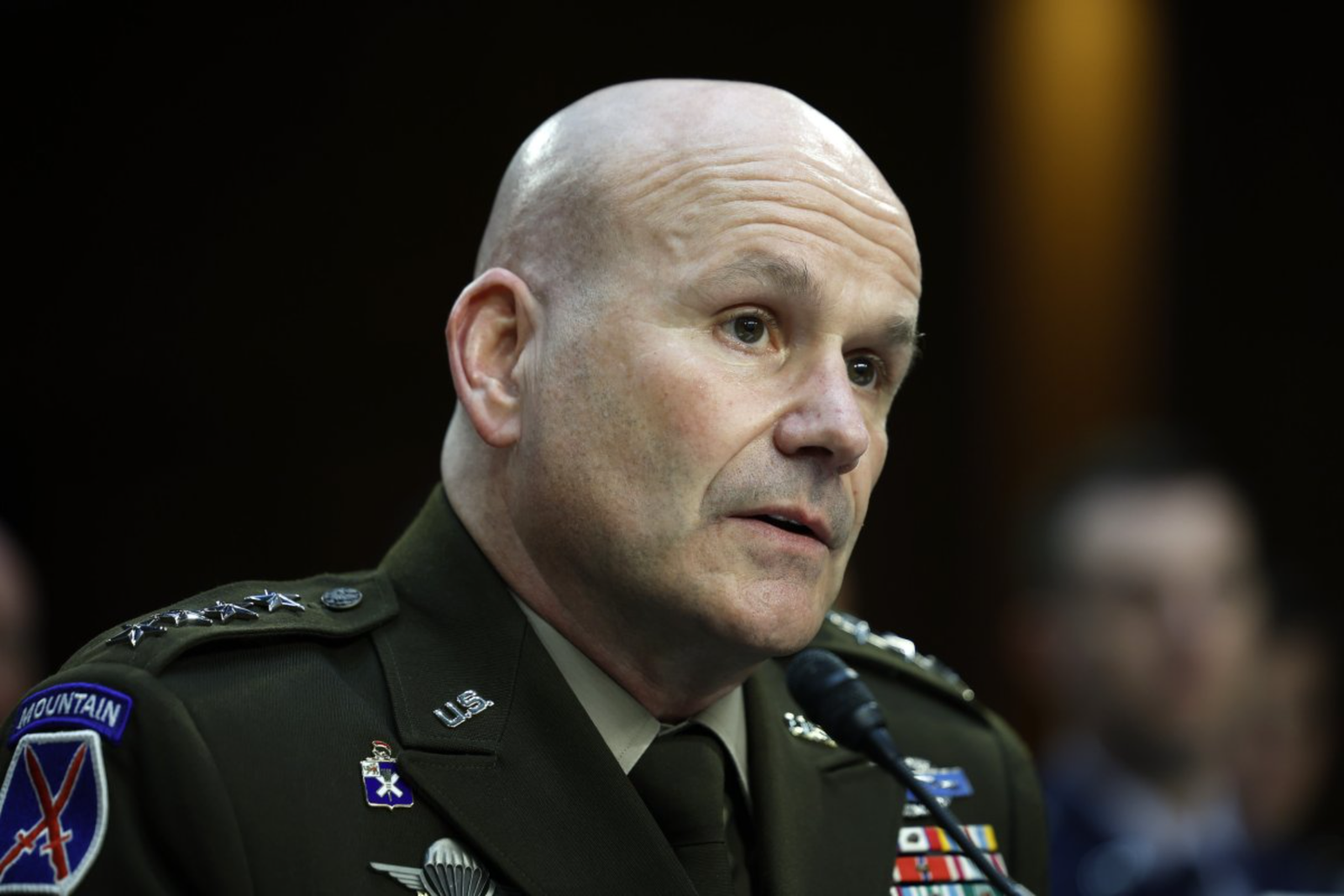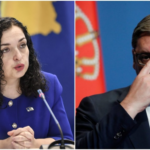Ending the war in Ukraine may not be enough to end the danger in Europe or even the United States, some top European diplomats think, as well as the top general of US forces in Europe.
Speaking Thursday at the Security Forum in Aspen, Colorado, the officials described their countries’ fight and support for Ukraine as existential in nature, but said a Ukrainian victory over Russian occupation forces would be just the beginning.
“The outcome on the ground would be extremely, extremely important,” said US General Christopher Cavoli, who heads US Central Command and serves as NATO’s Supreme Allied Commander.
“But we cannot have illusions”, said General Cavoli. “At the end of the conflict in Ukraine, however it ends, we will have a very, very big problem with Russia…”
“We’re going to have a situation where Russia is rebuilding its military forces, it’s on the borders of NATO, it’s led by almost the same people as it is now, and it’s convinced that we’re the adversary, and it’s very, very angry,” he said.
The German foreign and security adviser was also blunt.
“At Putin’s will, we are entering a long and protracted phase of conflict with Russia,” Jens Plotner told the audience in Aspen.
“Its bloodiest manifestation at the moment is the war in Ukraine. But it is clearly not the only one,” said Plotner.
“We have seen hybrid activity across Europe. We have seen hybrid activity in the United States. We have seen Russia reach out to Africa. We have seen Russia renew ties with Tehran, and even worse, with Pyongyang.”
Plotner declined to comment on the announcement made earlier this month by CNN about a Russian plot to kill the head of the Rheinmetall company, one of Germany’s leading companies in the military industry.
He said, however, that arrests have been made and Germany’s security agencies are on high alert.
Russia has denied any involvement in the plot to kill the head of the Rheinmetall company, dismissing these reports as false.
“Such announcements cannot be taken seriously,” Kremlin spokesman Dmitry Peskov said.
Germany and other European countries have increasingly raised concerns about Russia-linked networks working to reduce support for Ukraine, VOA reports.







